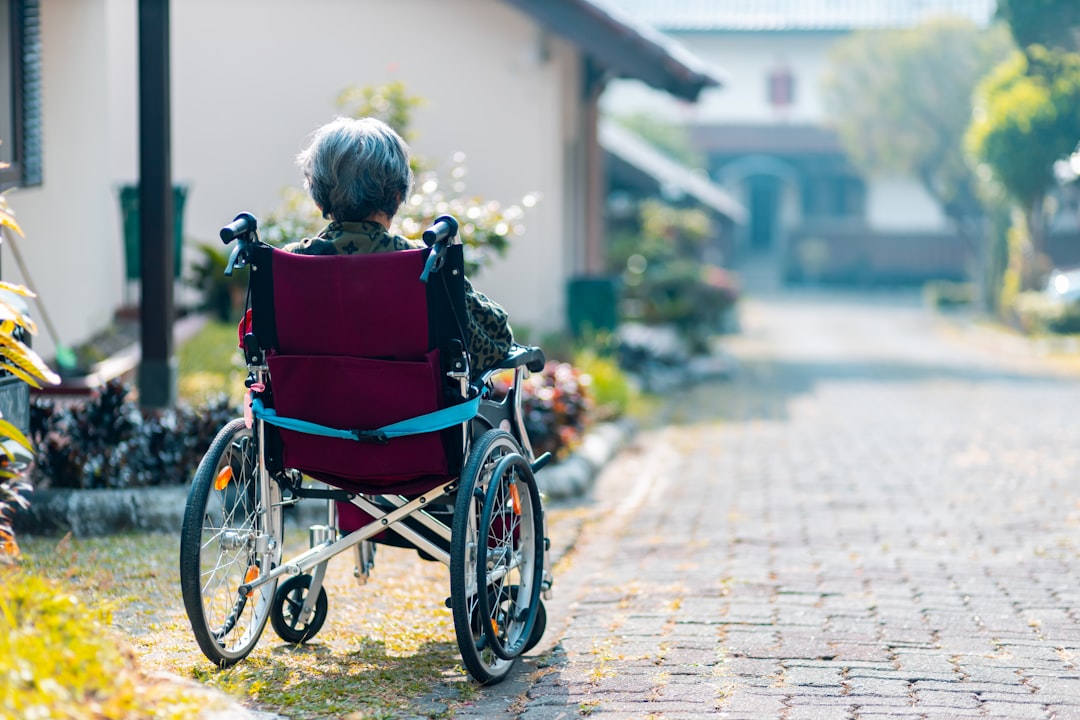What is it about?
The U.S. epidemic of overdoses has suddenly grown so large that it reduces the life expectancy of most U.S. adults. The majority of the contemporary overdose deaths are related to taking opiates, but about one third of overdoses from opiates also involve a sleeping pill or related tranquilizer. My colleagues and I reported four years ago that people taking popular sleeping pills had about four-fold increases in their death rates. Every year since that time, more and more reports of sleeping pill risks have appeared. There are now 40 studies of mortality among those taking sleeping pills, and 39 found increased death rates compared to people of comparable age and health not taking such medications. Even prescribed doses of sleeping pills cause infections. Those taking sleeping pills have higher pneumonia and asthma fatalities. Sleeping pills cause clinical depression. Depression is the main cause of suicide. Sleeping pills are further associated with accidents such as automobile crashes and broken hips. Animal studies found that common sleeping pills caused cancer. Sleeping pills have been linked to several kinds of cancer, particularly higher rates of lung cancer, one of the cancers with the worst prognosis. One might think that sleeping pills have compensating benefits, but that is an illusion largely due to the way amnesic sleeping pills cause patients to forget how much they are awake at night. Since the FDA lowered recommended doses of sleeping pills such as zolpidem and eszopiclone to increase safety, the recommended doses have been found to increase sleep hardly at all. There is no proven health benefit to taking sleeping pills. There is no evidence that sleeping pills help people work better after a better night’s sleep. In fact, in clinical trials with insomnia patients, daytime sleepiness is reported more often by patients randomly given sleeping pills as compared to those randomly dosed with placebo.
Featured Image
Why is it important?
The American College of Physicians recently issued a report indicating that sleeping pills are not the best treatment for insomnia, and expressing doubts that the benefits ever outweigh the serious risks. Considering the risks, the drugs reviewed probably should never be used except for hospice care.
Perspectives
I think tens of thousands of lives would be saved if doctors and their patients understood about sleeping pill risks and benefits. Yet the full magnitude of the damage caused is yet uncertain. We need more post-marketing clinical trials of popular drugs such as zolpidem and eszopiclone to establish more clearly if they are truly safe from mortality and cancer risk.
Dr. Daniel F. Kripke
UCSD
Read the Original
This page is a summary of: Hypnotic drug risks of mortality, infection, depression, and cancer: but lack of benefit, F1000Research, May 2016, Faculty of 1000, Ltd.,
DOI: 10.12688/f1000research.8729.1.
You can read the full text:
Contributors
The following have contributed to this page










